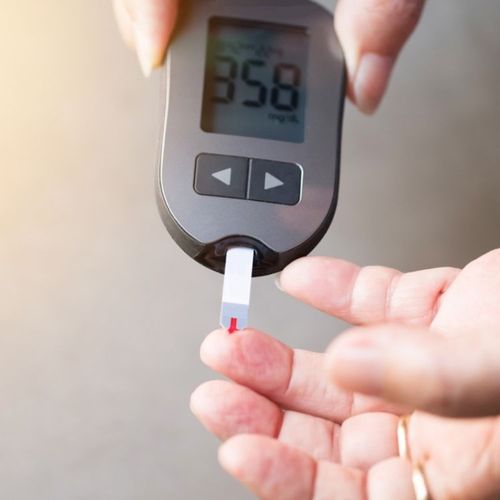Doctors are finding than an increasing number of patients who have symptoms of obesity-linked type 2 diabetes also have more rare type 1 form of the disease.
"We call it "double diabetes" or hybrid diabetes," says Dr. Francine Kaufman, past president of the American Diabetes Association and head of the Center for Diabetes and Endocrinology at Children's Hospital, Los Angeles.
A Growing Number
Kaufman, a pediatric endocrinologist, says double diabetes is a phenomenon that's being increasingly recognized by doctors. In fact, recent reports suggest that up to 3o% of newly diagnosed children have both type 1 and type 2.
"They may clinically look like they have type 2 -be overweight and maybe have a family history of type 2-but then [their blood tests] come back positive" for type 1, Kaufman says.
Alternatively, other young patients, who have had type 1 since childhood, become obese in adolescence "and then begin to look like they have elements of type 2 diabetes," Kaufman explains. "They are becoming more and more insulin resistant."
Obesity Drives The Trend
America's obesity epidemic is clearly driving the trend toward double diabetes, experts say. And while links between obesity aid type 2 diabetes have long been clear research is only just beginning to suggest that obesity can also trigger late-onset type 1 diabetes.
Dr. Stuart Weiss, a clinical assistant professor of medicine at the New York University School of Medicine, says he is diagnosing more and more people in their 20s and 30s with double diabetes. "Many are type 1s who have already been diabetic for years, and who are also eating a hypercaloric diet and require a lot more insulin," he says. "They become obese, and then become insulin-resistant."
Complex Treatment
Kaufman says treatment for double diabetes may be more complex than what is needed for patients who have either type 1 or type 2 alone. "It may mean that someone needs insulin and pills," she says.
"Whether it's type 1 or type 2, we have to look at the cardiovascular risk factors, waist-to-hip ratios, blood triglycerides and cholesterol issues that are common to all diabetics," Weiss says. "That's where I think the focus should be-not just in managing glucose, but in managing the consequences."
And, he says, good treatments are available. 'Diabetes is a real problem-it has always been there, but it has been undertreated and, undermanaged," Weiss says. "Now we have good tools to manage it, so there's less of an excuse for physicians nor to treat it well."
Prevention Is Best
Of course, prevention remains the best way to fight the disease. For parents, that means trying to have your child maintain a healthy weight, be active and eat appropriate foods in appropriate quantities, Kaufman says.
"We're looking at a world now in which the rate of diabetes just continues to increase,,, she says. "We should all be aware of this disease and try to minimize it in every way we can."
